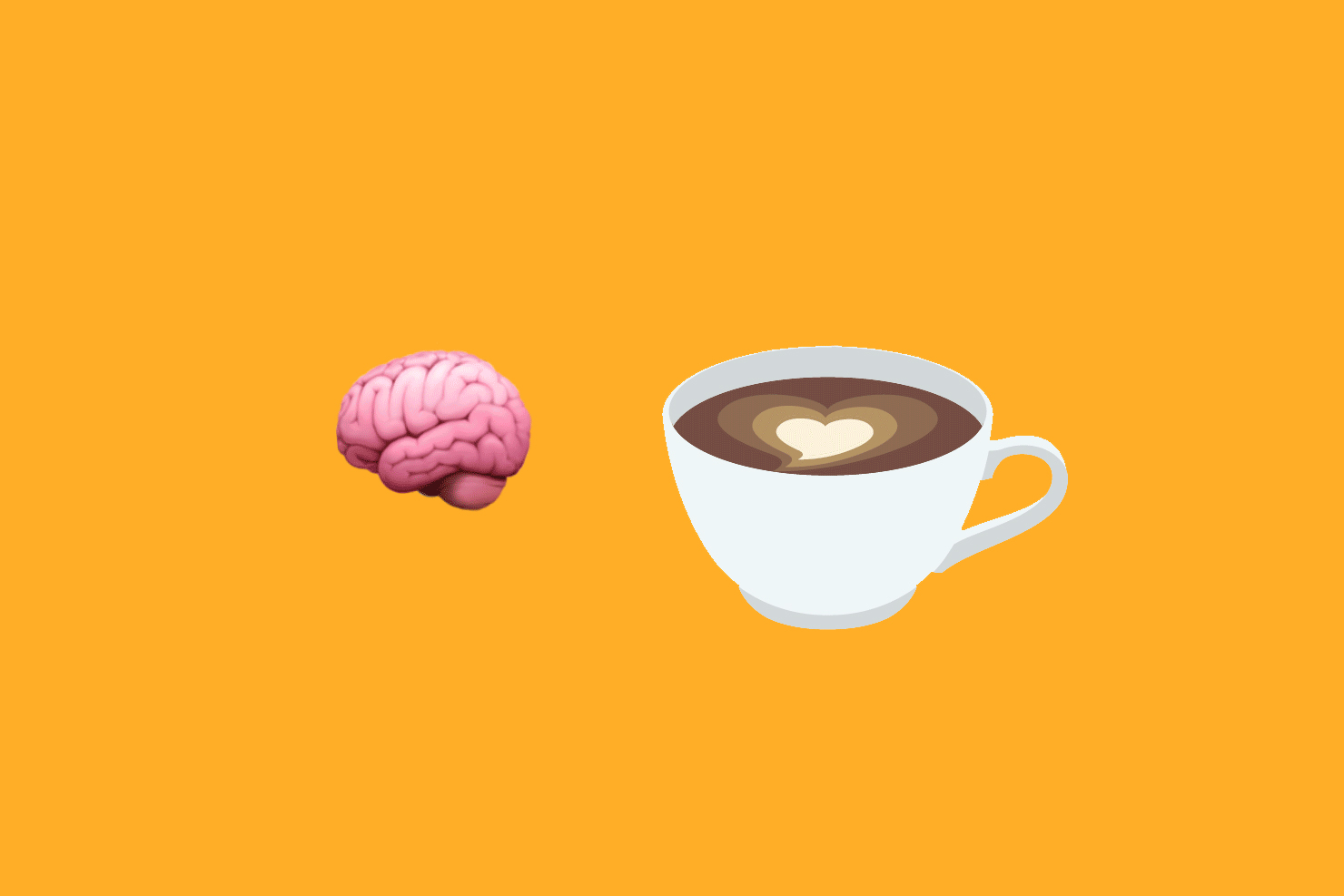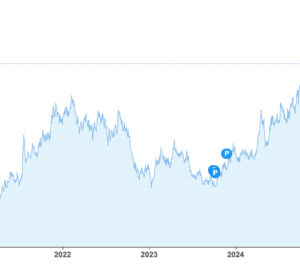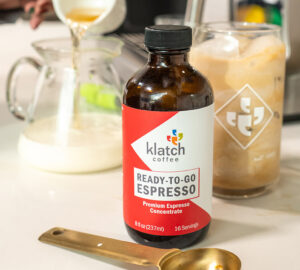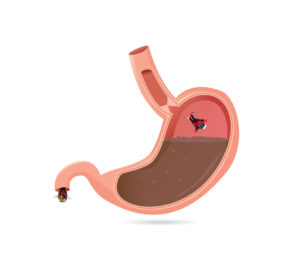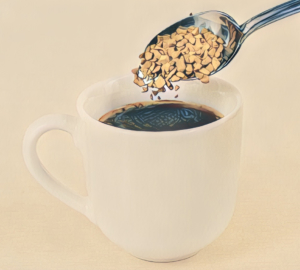The effects of coffee on stroke instances is still very much in the air. Some studies have found that excessive coffee consumption can shrink your brain, which increases stroke risk. Others found that coffee can stiffen the arteries, yet another way it can increase stroke instances. Four cups of coffee a day has been associated with a 37% increase in stroke risk. Still others found that coffee may prevent stroke in health individuals and that it may even decrease the mortality rate due to stroke.
It’s a mixed bag, to say the least. And a new study is adding to the confusion, finding that coffee consumption is associated with better cognitive performance among individuals with high incidence of stroke.
Published recently in the Journal of the American Heart Association, researchers sought to discover how coffee consumption affected cognitive ability in elderly individuals with atrial fibrillation (AFib), an irregular heartbeat that leads to stroke, heart attack, dementia, and alzheimer’s. AFib also results in mental decline, thus the desire to find ways to stem it.
For the study, researchers examined over 2,400 individuals age 65 and older with a documented history of AFib using the Swiss-AF study, “an ongoing, observational, prospective, 14‐center‐cohort study” of persons with AFib. For the study, participants would fill out a “structured nutrition questionnaire” that includes questions about daily coffee habits and they would be evaluated for cognitive function via “a detailed neurocognitive‐test‐battery” that includes “the Montreal Cognitive Assessment, Trail‐Making Test, semantic fluency, and Digit‐Symbol‐Substitution Test.”
After adjusting for other factors, they found that coffee consumption had a positive effect on cognitive ability in the test subjects. These effects were present in those who consumed as little as one cup a day and showed a linear increase, up to five-plus cups a day, where the drinker’s “cognitive age” was reduced by an average of 6.7 years.
Researchers also found coffee consumption linearly linked to a reduction in inflammation, which they believe is one contributing to factor to the positive findings. (Which is to say, it’s not just the caffeine jolt that is helping folks think more clearly.)
And while these findings are only observational, there is enough promise to merit further research to develop a causal relationship, with the authors concluding that “Coffee consumption in elderly patients with [AFib] should not be discouraged.” Which is about as resounding an endorsement as you are going to get out of this sort of study.
Coffee: it gives you 1.8 extra years of life and 6.7 years of cognitive function. What’s not to like about that?
Zac Cadwalader is the managing editor at Sprudge Media Network and a staff writer based in Dallas. Read more Zac Cadwalader on Sprudge.











